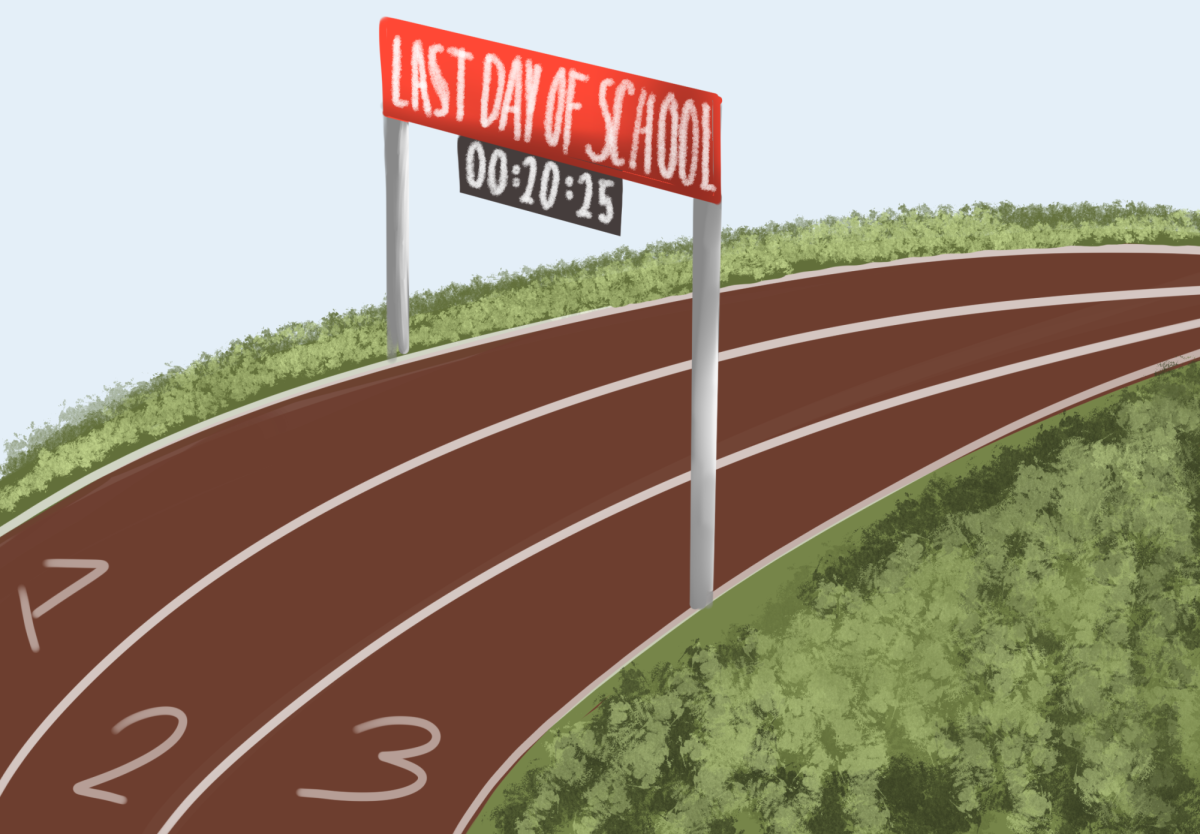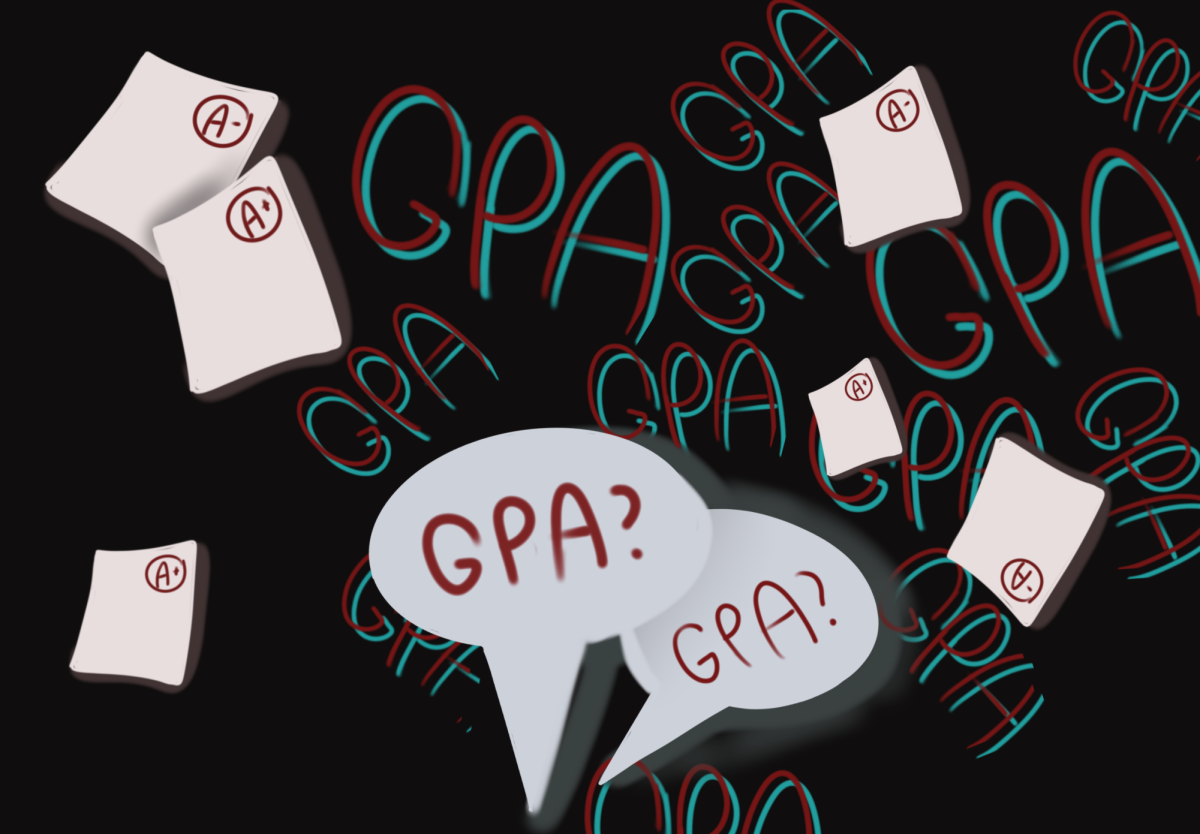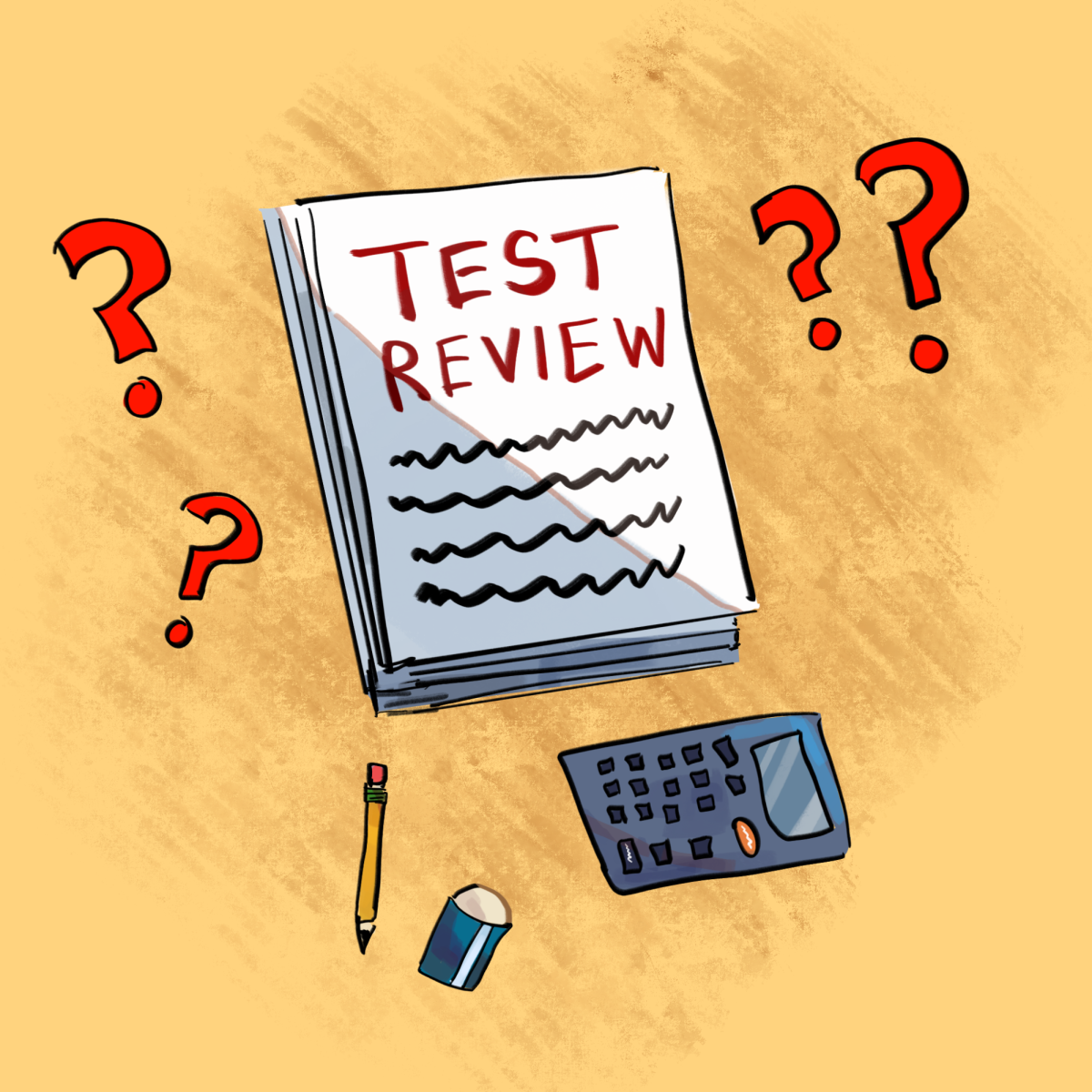Tiger Song ’27
The Role Of Religion in the United States
As of November 1st, 2024, Louisiana is embroiled in a heated debate over a new law requiring government-funded schools to display the Ten Commandments in their classrooms. Meanwhile, Christian nationalist movements have sparred controversy through their participation in events such as the Jan. 6th raid of Congress. Perhaps even more strangely, the pledge of allegiance – the very document that schoolchildren often read – includes the words “one nation under God.” But, living in a supposedly “secular” country, what explains the at times subtle, but seemingly ubiquitous presence of religion in politics and government?
This concern seems prevalent over a spectrum of Pelicans at Loomis Chaffee, whether domestic or international. Dean Sontag ’27 said, “There are many remnants [of religious influences in US government], because when I hear a politician say, God, Guns, and Family, I don’t think that this politician is representing the people, I think that he is representing his skewed beliefs.”
Other students thought that the freedom of religion outlined in the US Constitution is advantaged towards certain beliefs. Triet Ngyuen ’26, a Viet national, said “There’s always freedom of religion, but there tends to be a lean towards Christianity and Catholicism…and that branch of religion.” When asked whether the US government was truly performing its supposed “secularism,” all of my interviewees responded with a “no.”
But is this the case? Is the present-day US government simply failing to regard secularism, or is there something deeper at play?
If one looks at the US Constitution today, they would understandably assume that our country’s government was founded with the intention of being entirely free from any religious influence. After all, the three mentions of “religion” in our country’s founding document explicitly state its separation from the government – Article VI banning religious tests to enter government positions, the Free Exercise Clause, and the Establishment Clause.
These three clauses, however, do not do nearly enough to explain the exact, legal role of religion in society, nor do they even attempt to describe what a “religion” is (to be fair, this phenomenon is consistent throughout the entire document.) Religion has always been used for different purposes and thus held different definitions. Early European settlers, for example, classified Christianity as a religion and Native American beliefs as simple systems of superstition to justify colonialism. Therefore, the meaning of religion comes to the center stage of debating its influence in government.
Whether we like it or not, I make the contention that the vague definition of secularism in the US Constitution is largely based on Protestantism. First, the Constitution makes clear that religions in the US should be private. The Free Exercise clause largely assumes that religion is a private matter that is entirely dependent upon personal choice (of course, one would have to have a say on their religious belief to freely exercise their religion as they so choose.) But this ideal is highly Protestant (specifically Lutheran.) It was born out in protest of the Catholic Church’s role as the “middleman” between a Christian and God.
Exercise is not the only prospect of American secularism that holds undertones of Protestantism. Religious practices in the US are also often viewed through a distinctively Protestant light. An example of this is the landmark case Smith V. Employment Division (1990), where Congress ruled that the legitimate Native American religious practice of peyote smoking did not fall above the law banning them. Since the Constitution never delineated a course of action for the conflict of religion and law, the decision for the case was left up to the (majority Protestant) justices themselves. Granted, it is impossible to tell that the justices themselves made their decisions on any religious grounds. But considering the non-ceremonial nature of Protestantism, it is reasonable to raise a few eyebrows on how the US Constitution’s vague characterization of religion can ultimately lead to events such as Smith V. Employment.
Perhaps, the consistent presence of religion in the American government is not unconstitutional–perhaps their existence has simply been woven into our founding document itself.
Categories:
What is the impact of religion on the government?
Ruopan Song ’27, Mélange Section Editor
September 27, 2024
More to Discover





